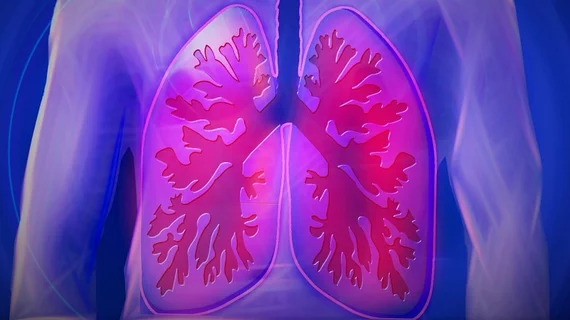AI can detect specks of lung cancer with 95% accuracy
A team of engineers has developed an artificial intelligence (AI) system that can find lung cancer on CT scans with 95 percent accuracy.
The team, from the University of Central Florida’s Center for Research in Computer Vision, taught a computer how to detect a tiny specks of lung cancer, which are often difficult for radiologists to identify, on CT scans.
“Successful diagnosis and treatment of lung cancer is highly dependent on early detection of lung nodules. Radiologists are analyzing an ever increasing amount of imaging data every day,” the team’s study said. “Computer-aided detection (CAD) systems are designed to help radiologists in the screening process. However, automatic detection of lung nodules with CAD remains a challenging task.”
According to the study, the engineers developed a completely 3D deep network architecture that was designed to detect lung nodules using a single-shot, single-scale algorithm. The researchers fed more than 1,000 CT scans into the AI software to help it learn to look for tumors.
The team also taught the system how to ignore other tissues it encountered in CT scans and analyze lung tissues. According to a press release, the AI system is about 95 percent accurate, while humans are about 65 percent accurate.
“I believe this will have a very big impact,” Ulas Bagci, an Engineering Assistant Professor, said in the release. “Lung cancer is the number one cancer killer in the United States and if detected in late stages, the survival rate is only 17 percent. By finding ways to help identify earlier, I think we can help increase survival rates.”

